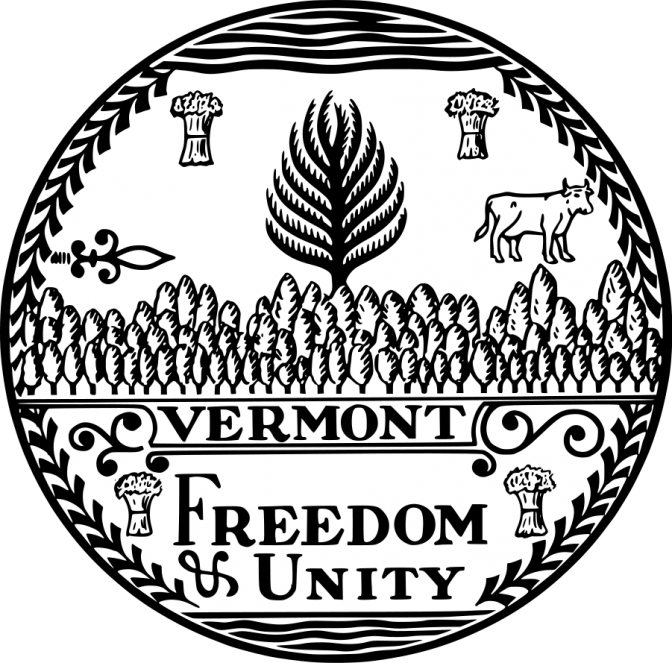RAND Study: Legalizing Marijuana in Vermont

The professional study found that the Green Mountain State could net from $25 million to $75 million in tax revenues from regulated cannabis.
In 2014 Vermont Governor Pete Shumlin signed a bill to authorize comprehensive research into marijuana legalization. The RAND study released last week was commissioned to fulfill that legislation.
RAND is a research and policy think-tank that is funded by the federal government. Their main focus points tend to be economic and national security topics. The new study, Considering Marijuana Legalization: Insights for Vermont and Other Jurisdictions, is significant because it explores the various methods that can be employed in lieu of absolute prohibition.
Colorado’s experiment has focused on a free-market, small business model. CO employs heavy taxes at every stage of transfer; from the grower to the retail store or processor then a sales tax to consumers.
The RAND report looks at other options, including:
– Home cultivation only
– A state monopoly on cultivation and distribution
– Collective gardens or co-ops
– A completely non-profit industry
– Localized authorities; a sort of public works theme for cannabis
One of the authors of the RAND report, Mark Kleinman of UCLA and BOTEC Corp., was contracted by the State of Washington to help implement recreational marijuana legalization.
Of interest in the study is the attempt to estimate the current underground marijuana market in Vermont. The results were surprising. The state has a population of about 625,000 people. The report states that «during 2014, Vermont residents likely consumed between 15 metric tons and 25 metric tons of marijuana, and spent between $125 million and $225 million on marijuana.»
The entire state population is roughly equal to the population of the city of Baltimore and 40% of the population of Philadelphia. General consumption rates are slightly lower in Pennsylvania and Maryland but the authors hope this research will be extrapolated for other jurisdictions.
Vermont decriminalized possession of up to once ounce of cannabis in 2013. Enforcement costs have since declined significantly. RAND estimated that current enforcement costs state and municipal authorities about $1 million per year.
The report also noted that if Vermont were the first state in New England to offer a legal product there might be significant revenue found from tourists not just consumers who reside in the state.
«There are nearly 40 times as many regular marijuana users living within 200 miles outside of Vermont’s borders as there are living inside Vermont, according to the report.»
The good news is that Gov Shumlin maintains his support for a change in policy away from prohibition Shumlin offered this quote for the RAND press release: “I continue to support moves to legalize marijuana in Vermont but have always said that we have to proceed with rigorous research and preparation before deciding whether to act. This report will help us do that.”
RAND maintains a neutral position on the policy itself. But this report is perhaps the most comprehensive analysis attempted on a single state ahead of political reform. Read the full document here.
